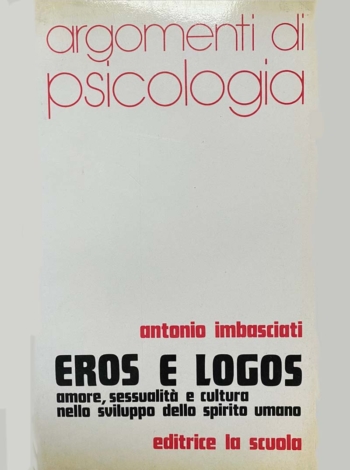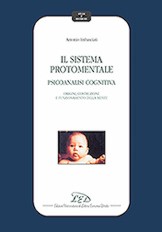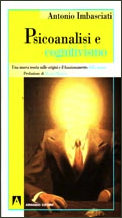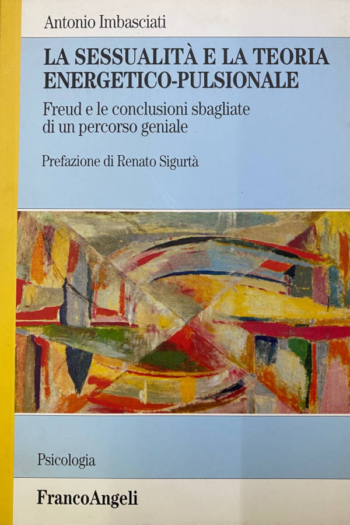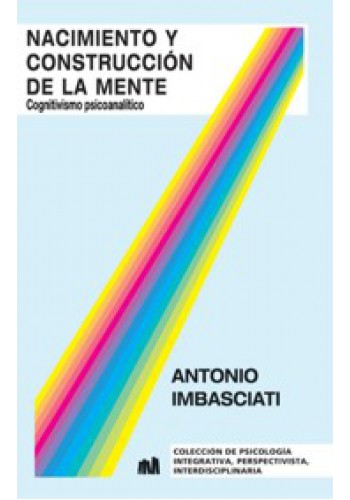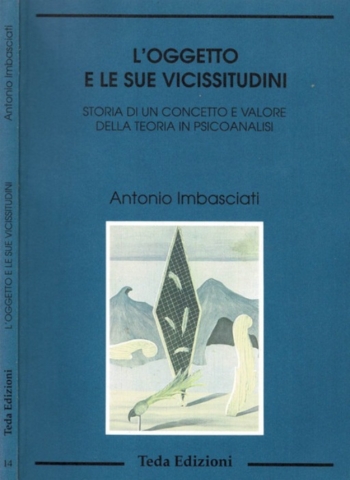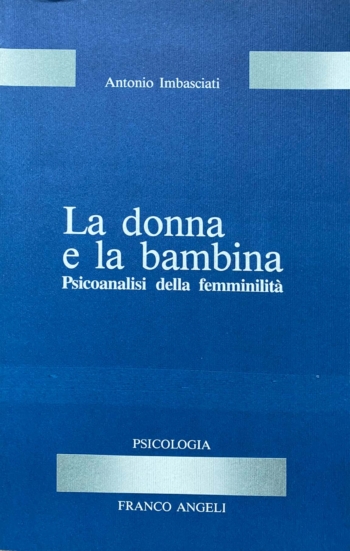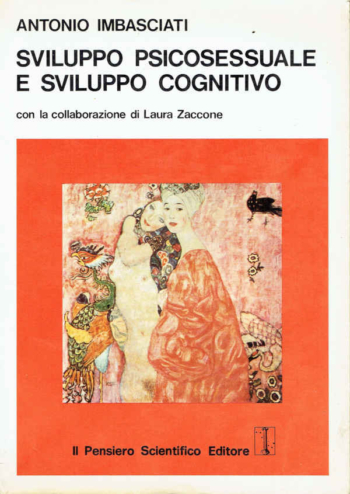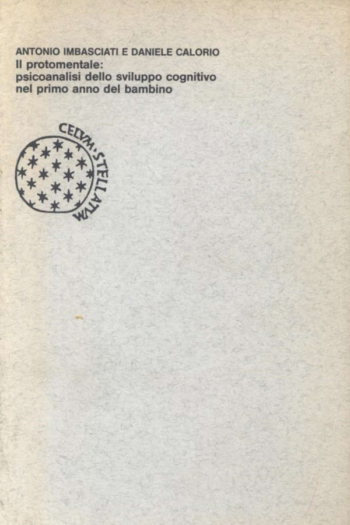Printed books
[Of the area of competence 4. New Psychoanalytic Theories]Psychoanalysis could be successful not merely for its clinical value – to cure unexplained syndromes that were considered incurable– or for its method, judged very ‘strange’ and not scientific, but also for the theory that Freud created to explain the origins and the functioning of the mind: the Drive Theory. (…)
Freud, in describing his fundamental discoveries on human psyche also wanted to explain them. In this explanatory intent, he outlined a general theory of mental functioning, the Energy-and-Drive Theory which he called Metapsychology. This theory was drawn up on the basis of the sciences at the end of the nineteenth century. Today the development of experimental psychology and neuroscience provides a picture of the mind that can no longer reconcile with the Freudian Metapsychology. By confusing Freudian discoveries with his theory, some today wonder if Freud should be considered dead. Therefore, psychoanalysis stands relatively isolated in the current scientific context.
The Drive Theory, that Freud formulated throughout his whole work with the aim to explain the origins and the functioning of the mind, has remained the milestone of psychoanalysis and the best known part to those who do not work in the field. Drive, repression, libido, energy and other terms have become part of the common language. Yet the Drive Theory it is the very part of Freud’s remarkable work that has been most criticized by psychoanalysts themselves, which consider it as superseded, at least in Freud’s original biological formulation. The book aims to show that this theory was formulated beginning from the first hypotheses on sexuality that Freud, as far back as the end of the nineteenth century, put forward. (…)
The Freudian theory was successful because it seemed to offer an explanation of the psyche from hypotheses in line with the sciences of his time: the concepts of libido, drive, psychic energy, discharge, instinct, economic principle tracked the contemporary scientific principles and discoveries of neurophysiology and thermodynamics. In such a context, for a long time and up to present day, the popular stereotypes in psychoanalysis are identified with Freud’s theory. This theory nevertheless has been widely criticized, also within psychoanalytical Associations, and for several decades now. In spite of this, the Freudian theory seems “to withstand”. A reason for such a persistence, in the author’s view, can be identified in the fact that different psychoanalytic models have been proposed at different times, without however clearly delineating an alternative explication of what Freud wanted to explain. His Drive Theory did have an explanatory value in this time. Today it may maintain its heuristic value, which may still be useful to understand affects and therefore helpful in clinical practice, but it no longer has an “explanatory” value. To Freud this latter was perhaps more important than the former, but nowadays it is untenable. (…)
The Freudian theory was successful because it seemed to offer an explanation of the psyche from hypotheses in line with the sciences of his time: the concepts of libido, drive, psychic energy, discharge, instinct, economic principle tracked the contemporary scientific principles and discoveries of neurophysiology and thermodynamics. In such a context, for a long time and up to present day, the popular stereotypes in psychoanalysis are identified with Freud’s theory. This theory nevertheless has been widely criticized, also within psychoanalytical Associations, and for several decades now. In spite of this, the Freudian theory seems “to withstand”. A reason for such a persistence, in the author’s view, can be identified in the fact that different psychoanalytic models have been proposed at different times, without however clearly delineating an alternative explication of what Freud wanted to explain. His Drive Theory did have an explanatory value in this time. Today it may maintain its heuristic value, which may still be useful to understand affects and therefore helpful in clinical practice, but it no longer has an “explanatory” value. To Freud this latter was perhaps more important than the former, but nowadays it is untenable.
Traduzione portoghese del testo italiano Affetto e rappresentazione (…)
In outlining a historical analysis of the psychoanalytic concept of “object”, the author highlights the radical change of current psychoanalysis compared to Freudian approach. A distinction is particularly made between discoveries and theories: the latter are not truth, but only conceptual tools for a scientific understanding of humans; which means they require continuous adjustment. Psychoanalysis is not Freud’s theory but a method, founded by Freud and subsequently developed by others, upon which a science can be founded. (…)
Freud defined the woman as “the dark continent of psychoanalysis”, but later both men and women explorers of such a continent have been countless. This book offers a description of the development of female personality, beginning from the experience of the girl baby’s first months of life, and looks for an explanation of the adult female traits by investigating the primary deep structures, particularly those that originate sexuality. The topic is developed in relation to the most recent personality theories in psychoanalysis, above all those derived from Kleinian approaches, that the author has illustrated in some of his previous works (Theory of the Protomental).
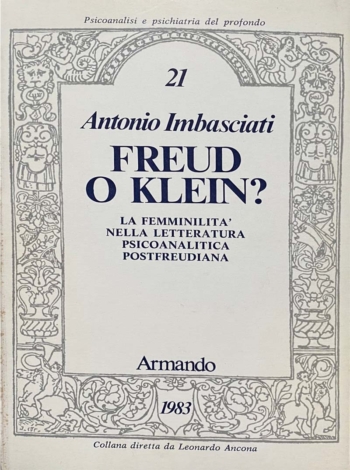
…la mente è considerata come progressione di strutture simboliche, dalla vita fetale e neonatale fino a quella adulta …. In questo riferimento la sessualità è considerata come aspetto particolare dello sviluppo cognitivo, connesso con la creatività mentale; il piacere sessuale è una “qualità” psichica rivestita di apparenze sensoriali (…)
… Utilizzando i dati forniti dalla psicoanalisi, questo libro propone un modello cognitivo per interpretare ciò che avviene nella mente del bambino durante i primi mesi di vita (…)
